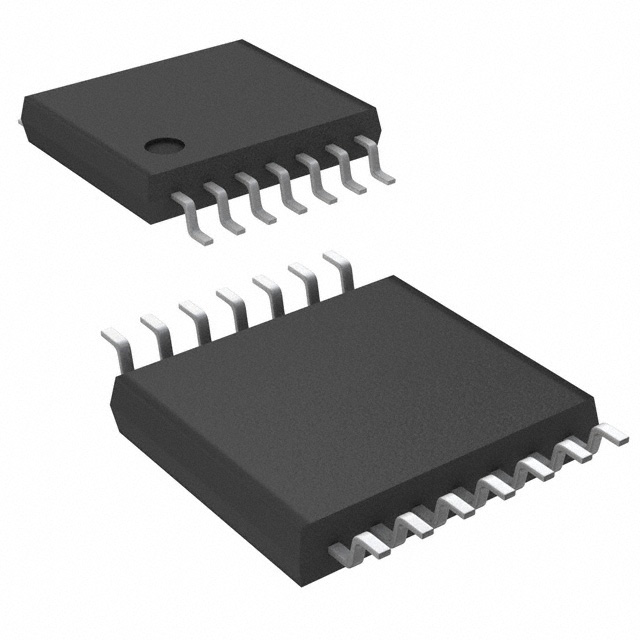In Stock : 0
Please send RFQ , we will respond immediately.









NCN6010DTBR2G Specifications
-
TypeParameter
-
Voltage - VCCB4.5 V ~ 5.5 V
-
Voltage - VCCA2.7 V ~ 3.6 V
-
Supplier Device Package14-TSSOP
-
Package / Case14-TSSOP (0.173", 4.40mm Width)
-
Mounting TypeSurface Mount
-
FeaturesSIM Card Interface
-
Operating Temperature-25°C ~ 85°C (TA)
-
Data Rate-
-
Output TypeNon-Inverted
-
Output Signal-
-
Input Signal-
-
Channels per Circuit1
-
Number of Circuits1
-
Channel TypeBidirectional
-
Translator TypeVoltage Level
-
PackagingCut Tape (CT)
-
PackagingTape & Reel (TR)
-
Product StatusObsolete
-
Series-
The 74ALVCH16601DGG:11 is a 18-bit universal bus transceiver with 3-state outputs, produced by Texas Instruments. Some advantages and application scenarios of this integrated circuit chip include:Advantages: 1. High-speed operation: The ALVCH series is designed with low-power CMOS technology, allowing for high-speed data transfer and operation. 2. Wide operating voltage range: The chip can operate at a wide range of supply voltages, typically from 1.2V to 3.6V, making it compatible with different systems and devices. 3. Low power consumption: The ALVCH chips are optimized for low power consumption, making them suitable for portable devices and battery-powered applications. 4. 3-state outputs: The chip features 3-state outputs, which enable multiple devices to share a common bus without interfering with each other. 5. Bidirectional data flow: The transceiver allows for data to be transmitted in both directions, making it useful for communication between different devices and systems.Application scenarios: 1. Data communication: The 74ALVCH16601DGG:11 can be used for data communication between different devices or systems, especially in scenarios where high-speed and bidirectional data transfer is required. 2. Memory interfacing: The chip can be used for interfacing microcontrollers or processors with memory modules, allowing for efficient data transfer between them. 3. Buses and networks: The 18-bit universal bus transceiver is suitable for applications involving buses and networks, where data exchange between different components or modules is needed. 4. Industrial automation: The chip can be used in industrial automation systems, such as control units or data acquisition systems, where reliable and high-speed data transfer is crucial. 5. Consumer electronics: Due to its low power consumption and bidirectional data flow capabilities, the chip is often used in consumer electronics, such as smartphones, tablets, and portable devices, for various data communication tasks.It's important to note that the mentioned advantages and application scenarios are generic and may vary depending on the specific implementation and requirements of the system in which the chip is being used.
NCN6010DTBR2G Relevant information
-
NL3X5004MU2TAG
onsemi -
NL3X5004DR2G
onsemi -
NL3X5004DTR2G
onsemi -
V62/22604-01XE
Texas Instruments -
NCA9701GXX
Nexperia USA Inc. -
MAX14591ETA+
Analog Devices Inc./Maxim Integrated -
SN74AVCA164245DGG
Texas Instruments -
74AVC1T45DBVR
Texas Instruments -
74AVC1T45DEAR
Texas Instruments -

SN74LVC1T45DCKR-P
Texas Instruments
















